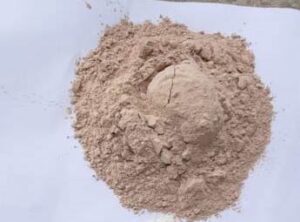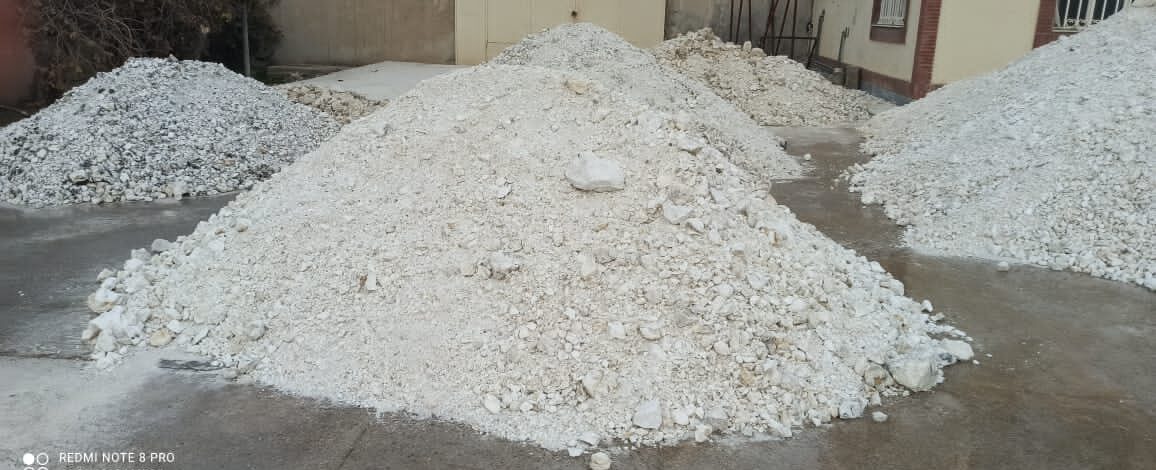Key Applications and Demand Trends for Barite
Barite, a naturally occurring mineral composed of barium sulfate, plays a crucial role in multiple industries. Its high density, chemical inertness, and versatility make it especially valuable. Although barite is used in many sectors, certain high-quality types are in greater demand because they meet strict industrial requirements. This article explains which type of barite dominates global demand and why.Demanded Type of Barite in Industry

What is Barite and Why is It in Demand?
Barite is a heavy mineral primarily valued for its density and stability. Industries use it most widely in oil and gas drilling as a weighting agent in drilling fluids. However, it also supports construction, paints, and other industrial processes. The most demanded type of barite generally refers to finely processed forms that deliver consistent results across these applications.
Key Characteristics Driving Barite Demand
-
High Density: Its specific gravity makes barite ideal for drilling fluids, where weight control is critical.
-
Inertness: Because it resists chemical reactions, barite stays stable in harsh environments.
-
Cost-Effectiveness: Compared to other dense minerals, barite provides an affordable and reliable solution.
The Most Demanded Type of Barite in Industry
Barite is typically supplied as crude or processed material. Among these, processed barite—especially finely ground, high-purity grades—drives the highest demand. Industries prefer this type because it offers better performance and consistency.
1. High-Quality Ground Barite for Oil and Gas Drilling
The oil and gas sector consumes the majority of barite worldwide. Ground barite, milled to meet strict density and purity standards, remains the most in-demand form. Companies rely on it to maintain pressure control in wells, stabilize drilling fluids, and ensure smooth operations.
Key Factors Driving Demand in Oil and Gas:
-
Shale Oil & Gas Exploration: Fracking depends on dense barite to control pressure.
-
Deepwater Drilling: Greater depths require finely ground barite for fluid stability.
-
Technological Advancements: As drilling techniques evolve, demand for precision-processed barite increases.
2. Barite for Construction and Radiation Shielding
Construction is another major driver of demand. Processed barite enhances concrete used in specialized projects. For instance, hospitals, nuclear power plants, and laboratories rely on barite-heavy concrete for radiation shielding. Engineers prefer finely ground barite because it ensures effective absorption and durability.
Key Factors Driving Demand in Construction:
-
Nuclear and Medical Applications: Facilities use barite-based concrete for shielding.
-
Global Infrastructure Growth: Expanding projects worldwide fuel steady demand for barite in building materials.
3. Barite in Paints and Coatings
Paint and coatings manufacturers also depend on ground barite. It acts as a filler that improves texture, opacity, and durability. In addition, its chemical inertness prevents unwanted reactions in paint formulations, ensuring consistent quality.
Key Factors Driving Demand in Paints and Coatings:
-
Premium Paint Manufacturing: High-quality barite boosts durability and smooth finishes.
-
Industrial and Decorative Uses: Growing demand in automotive and construction sectors increases barite consumption.
Final Thoughts
Barite’s unique combination of density, stability, and affordability secures its place as a critical industrial mineral. Ground, high-quality barite dominates demand because it supports oil drilling, strengthens construction materials, and improves paints and coatings. As industries expand and technology advances, the global appetite for this versatile mineral will continue to rise.

